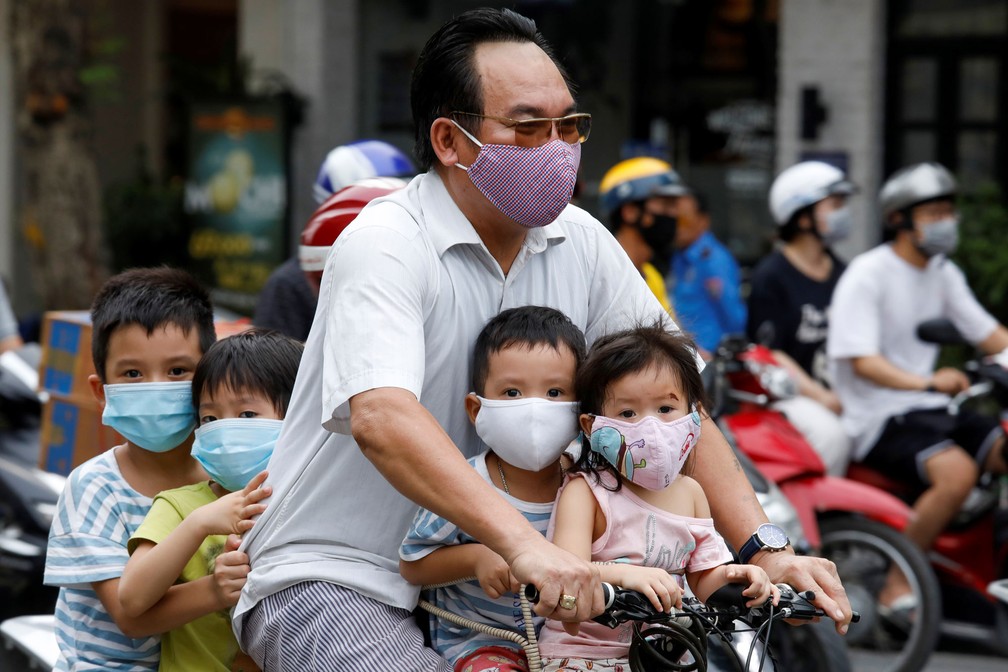RIO DE JANEIRO, BRAZIL – Countries that were quicker to establish social distancing and contact tracking systems kept Covid-19 under control, but their citizens are now behind in the race to be vaccinated and finally end a pandemic that has killed millions.
Governments in countries like Japan, Australia, Hong Kong and South Korea are taking longer to grant regulatory approvals for vaccines, in stark contrast to Western countries which have rushed to inoculate populations.

This cautious approach may seem odd, given the pressing need to return to normal life, but with low infection rates, Asian governments can wait to see how unprecedented vaccination initiatives unfold elsewhere. Still, the strategy may leave them at an economic disadvantage over countries that failed to control the disease, but have expedited vaccination.
In New Zealand, which ranks first in Bloomberg’s Covid resilience ranking with the leading economies that best fought the pandemic, the main opposition party asked Prime Minister Jacinda Ardern to explain why the country “lagged behind the rest of the world with its vaccine program”. In South Korea, an editorial in Hankyoreh newspaper said: “We cannot ask people to permanently stop their lives and shoulder the economic burden.”
But authorities defend the pace as the safest approach. “It’s not a bad thing to wait and see how others are doing,” said Lam Ching-choi, a doctor and member of the Executive Council advising the Hong Kong leader. “I’m fully sympathetic with those who can’t afford to wait and need to do it as quickly as possible to kill the epidemic.”
Hong Kong, currently with a few dozen Covid-19 cases per day and a total of 161 deaths since the start of the pandemic, has yet to approve any vaccine, as it awaits more detailed clinical trial data before a vaccination campaign planned to begin in February.
Australia, which closed its border to non-residents when the pandemic began and orders strict lockdowns when cases arise, expects to approve the vaccine developed by Pfizer and BioNTech by the end of January and the AstraZeneca immunizer next month, with vaccination also starting in February.
In contrast, the US and UK have already administered almost 14 million vaccines in total after speedy approvals last month, while Israel has administered two million doses, or 22 vaccines per 100 people.
Confidence
Another reason for slower action than desperate Western countries is that Asians do not want a flawed vaccine to undermine public confidence in vaccines, potentially jeopardizing their ability to inoculate a sufficient percentage of the population to achieve herd immunity.
This is particularly important among Asian populations, where confidence in vaccines is low enough. A World Economic Forum-Ipsos survey on global approaches to Covid-19 vaccines found that the percentage of respondents who agreed to be vaccinated fell by up to nine percentage points between October and December in countries such as South Korea and Japan, which now has a record number of new cases and is expected to begin vaccination in late February.

